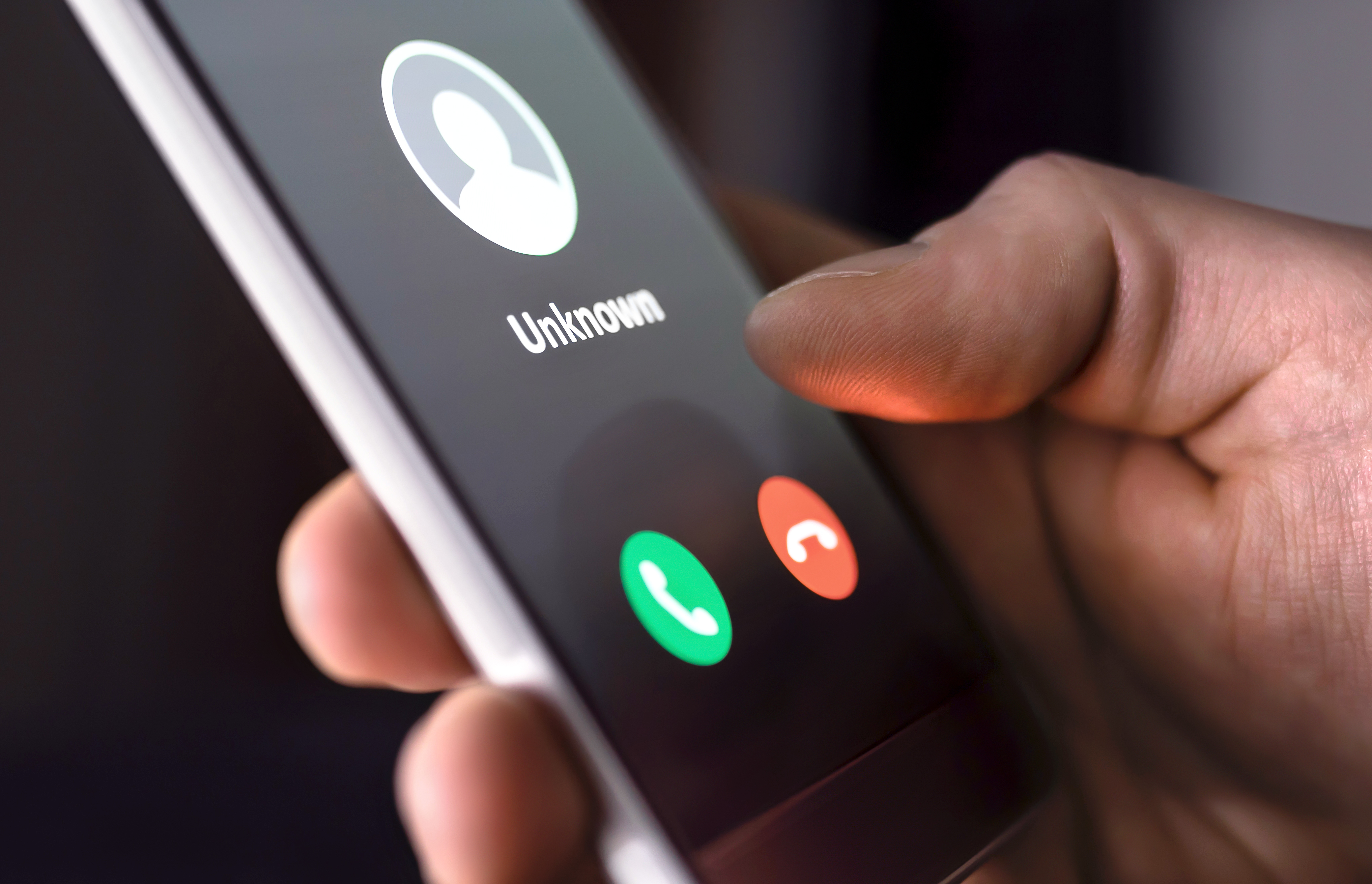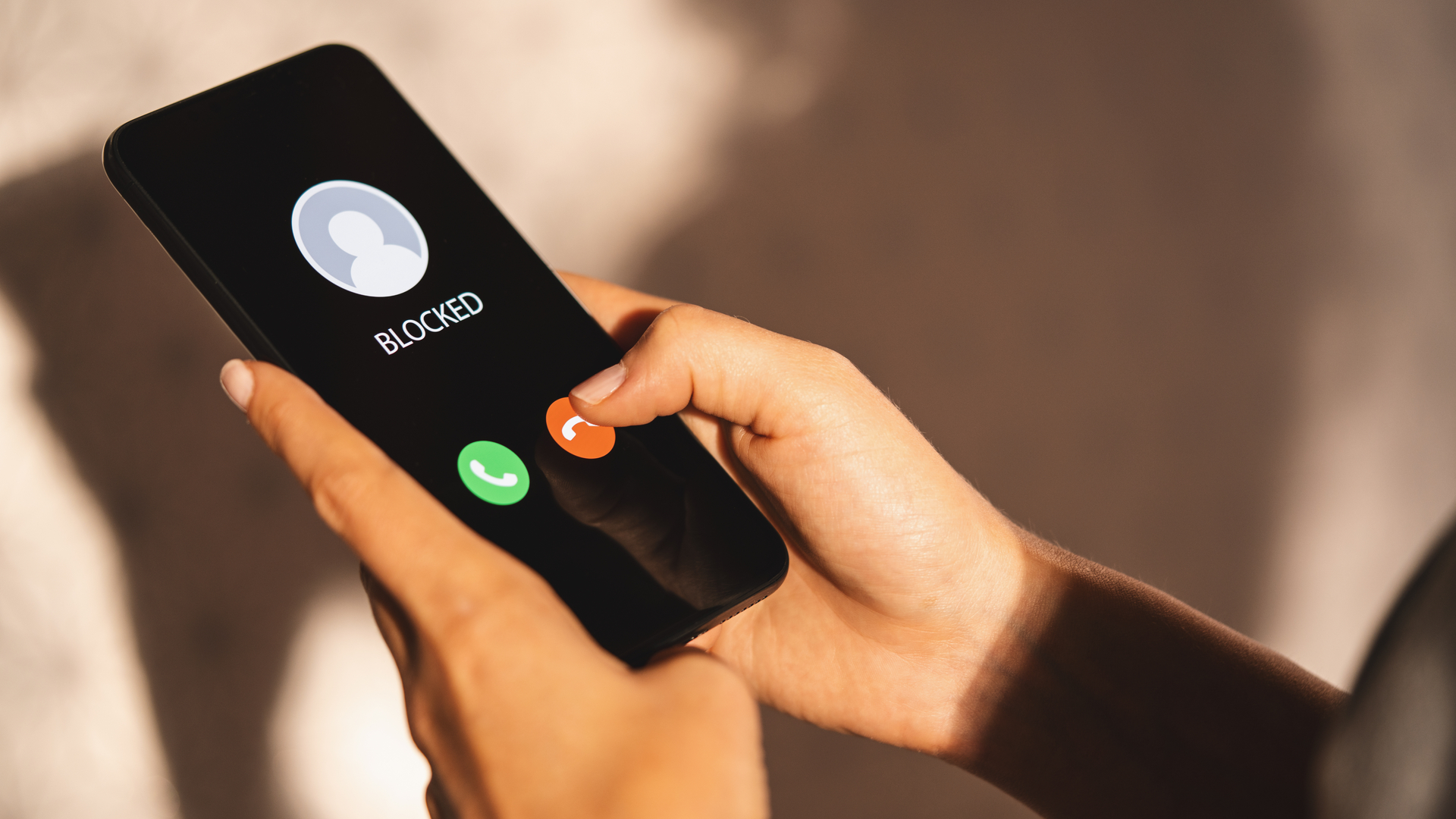FCC just ordered block on scammers behind 8 billion auto warranty robocalls
Auto warranty robocalls will soon be a thing of the past

The FCC has revealed that it has discovered the identities of the scammers behind more than eight billion auto warranty robocalls made to American consumers since at least 2018.
The government agency’s Robocall Response Team explained in a press release that these incredibly annoying robocalls are coming from Roy Cox Jr, Aaron Michael Jones, their Sumco Panama companies and international associates.
Now the FCC has tasked U.S. mobile carriers with taking all necessary steps to avoid carrying these robocalls on their networks in the form of a Public Notice. Carriers that are unable to block these annoying robocalls must regularly report the steps they’ve taken to do so to the FCC.
Acting FCC Enforcement Bureau chief, Loyaan A. Egal provided further insight on the agency’s plans going forward regarding auto warranty robocalls, saying:
“Now that U.S. voice service providers know the individuals and entities associated with this scheme, the Enforcement Bureau will closely monitor voice service providers’ compliance with this order and take appropriate enforcement action as necessary.”
More than eight billion robocalls

The Cox/Jones/Sumco Panama operation has made more than eight billion unlawful robocalls to American consumers since at least 2018 according to the FCC.
These auto warranty robocalls feature prerecorded marketing messages that encourage unsuspecting consumers to follow a series of prompts to speak with a “warranty specialist” about extending or reinstating their car warranty.
Sign up to get the BEST of Tom's Guide direct to your inbox.
Get instant access to breaking news, the hottest reviews, great deals and helpful tips.
What makes these calls particularly convincing is the fact that the scammers behind them frequently use consumers’ real information about their vehicles in order to appear legitimate. The calls themselves may seek out the personal or financial information of consumers in order to defraud them with the hope of initiating a payment or collecting information about active phones.
The Robocall Response Team
The FCC’s Robocall Response Team was created under acting chair Jessica Rosenworcel in an effort to pull together expertise from across the agency including the talents of enforcers, attorneys, policy makers, engineers, economists and outreach experts to combat spoofed and spam calls as well as robocalls.
So far, the team has issued record-breaking robocall fines while also closing the gateways used by international robocallers to reach Americans’ phones.
The Robocall Response Team is also responsible for widespread implementation of the STIR/SHAKEN caller ID authentication standards which have been used to trace illegal calls and improve blocking tools to protect consumers.
How to protect yourself from robocalls and other spam calls

Although there are a number of ways to block robocalls on your smartphone, if you do happen to accidentally answer one, the FCC warns that you should never provide any personal information to anyone who calls you on the phone unexpectedly.
From here, you should remain cautious as telephone scammers are very good at what they do and often use real information to gain your trust while implying they work for a legitimate company. At the same time, scammers often employ spoofing to falsify the information that appears on your caller ID.
If you think that a call from an unknown number may actually be legitimate, you can always hang up and try calling the company back using a phone number from a previous bill or their website.
Finally, you can file a complaint with the FCC regarding any robocalls you receive to help others from falling victim to similar scams.

Anthony Spadafora is the managing editor for security and home office furniture at Tom’s Guide where he covers everything from data breaches to password managers and the best way to cover your whole home or business with Wi-Fi. He also reviews standing desks, office chairs and other home office accessories with a penchant for building desk setups. Before joining the team, Anthony wrote for ITProPortal while living in Korea and later for TechRadar Pro after moving back to the US. Based in Houston, Texas, when he’s not writing Anthony can be found tinkering with PCs and game consoles, managing cables and upgrading his smart home.
